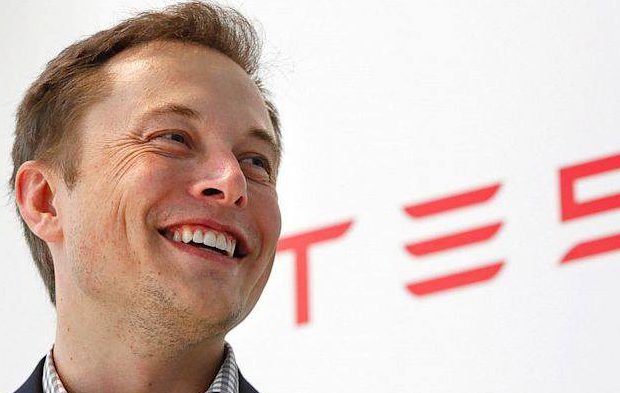The value of Bitcoin abruptly dropped around 12 per cent on Wednesday in the wake of a Tweet by Tesla CEO Elon Musk announcing that the electric car company would no longer accept the cryptocurrency due to environmental considerations.
“We are concerned about the rapidly increasing use of fossil fuels for Bitcoin mining and transactions”, Mr Musk said in the statement.
As such, whilst he believes that “cryptocurrency is a good idea on many levels”, and that “it has a promising future”, this “cannot come at great cost to the environment”.
It marks an abrupt change in the course of the controversial CEO, who announced that Bitcoin could be used to purchase Tesla vehicles in March, in a step which cryptocurrency proponents hailed as a “seminal moment for Tesla and for the crypto world”.
Tesla itself is likely to be ruing the drop in the value of Bitcoin, which is likely to have a knock-on effect on the company’s own finances, due to the large amounts of Bitcoin it holds.
In Wednesday’s statement, Mr Musk also said that Tesla would not be selling its own Bitcoin until the currency’s “miners” turned to greener sources of energy to power the production of new coins and the processing of transactions.
In February, when Mr Musk announced that Tesla had invested $1.5 billion (€1.25 billion) in Bitcoin, he provoked a barrage of criticism from environmental advocates concerned about the energy consumption and carbon emissions associated with the cryptocurrency.
The environmental impact of Bitcoin is, indeed, major. According to a study by Cambridge University, Bitcoin consumes an estimated 149.63 TWh of energy annually.
For context, in 2018, Malta’s energy consumption was only 2.44 TWh, meaning Bitcoin uses about 60 times as much energy as the country of Malta.
Inflation risk re-surging as tensions heat up between Israel and Iran
Oil and gold prices jumped after the latest strike by Israel
WATCH: Rare torrential rain in Dubai wreaks havoc and causes major disruption
Flooding hits shopping malls, destroying stock
Spain to end ‘golden visa’ scheme over property market impacts
While countries are slowly banning the practice, Malta remains firm in keeping the scheme alive






